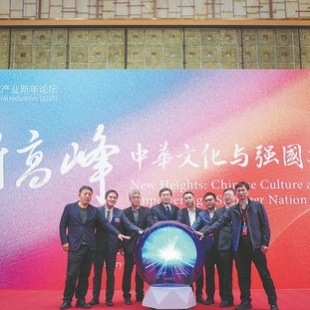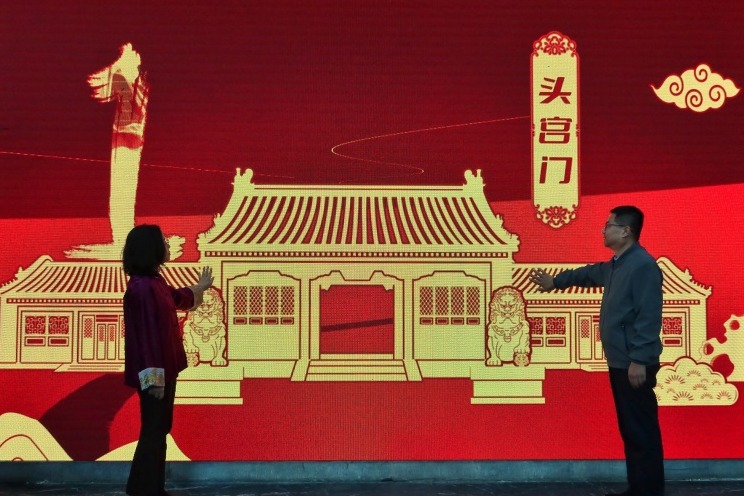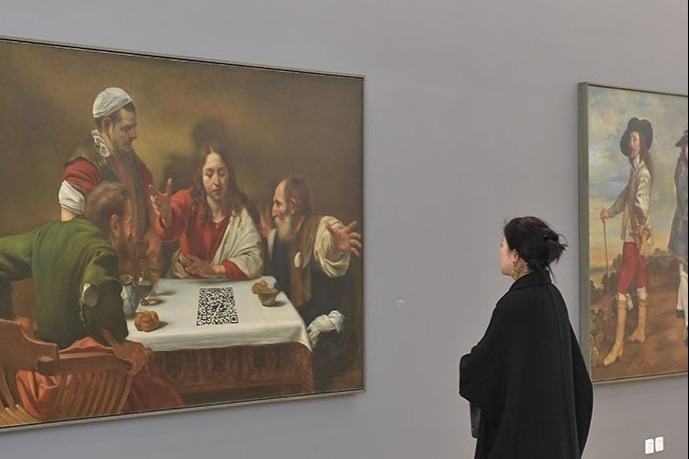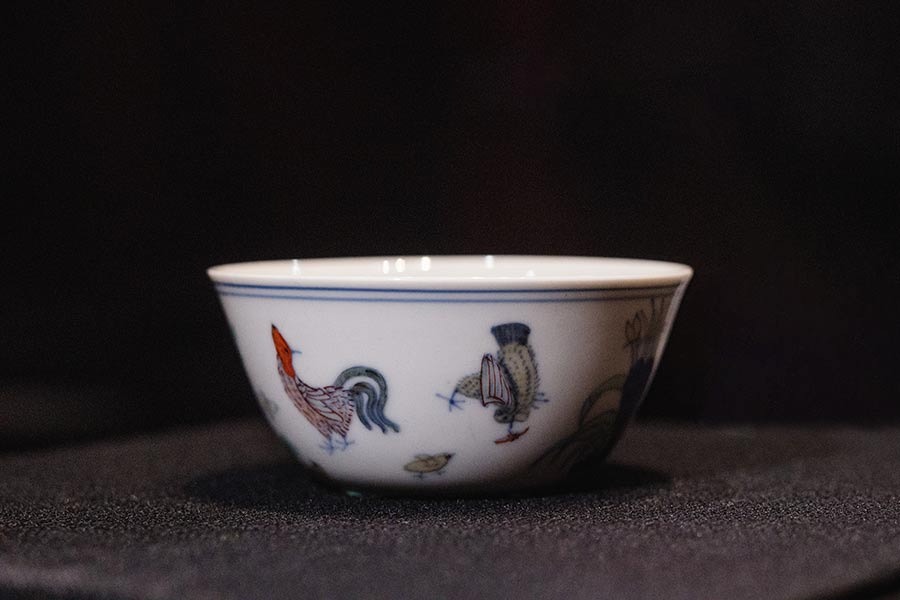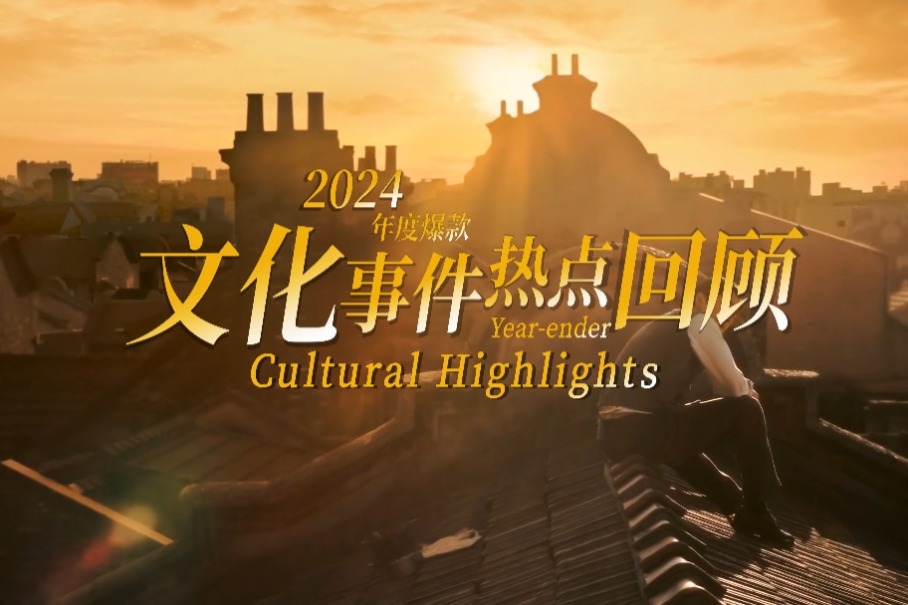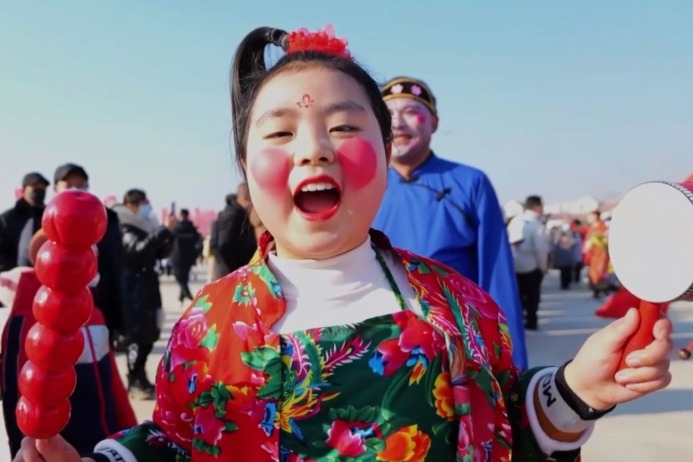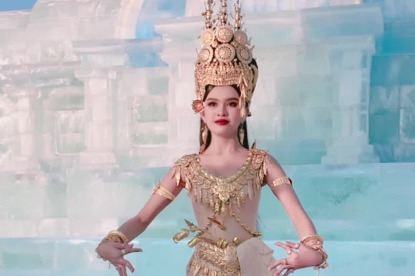Culture on the agenda
Forum in Beijing discusses importance of sectors to domestic economy and their wider ramifications, Yang Feiyue reports.

"We will organize a variety of promotional activities to optimize the consumption environment, enhance the consumer experience, and produce innovative scenarios. This will effectively drive secondary and derivative consumption, fueling its potential," he adds.
The ministry will continue to promote the integration of culture and tourism with sectors like agriculture, commerce, sports, film and television, low-altitude aviation, aerospace, and traditional Chinese medicine. More effort will go into expanding urban, rural, online, nighttime, and international consumption spaces to allow the culture and tourism industries to contribute to rural vitalization and urban renewal.
Miao says the ministry will also enhance the industrial chain and drive transformation through technological innovation.
"We will actively explore effective mechanisms for the integration of culture and technology, promote the digital transformation of traditional cultural industries, and increase the supply of high-quality products," Miao says.
Fu Caiwu, head of the National Institute of Cultural Development, Wuhan University, based in Hubei province, emphasizes the importance of identifying and presenting the culture of the Yangtze River.
"The reason why China has been able to reach where it is today, presenting its current form, lies in the foundational presence of the Yangtze River and Yellow River civilizations. The existence of these two civilizations has made China distinctive, and has laid the foundation for our cultural strength as a nation," Fu says.
He says that the Yangtze River is not merely a geographical space but also a historical and cultural one.
"Through this river, we have constructed the collective memory of China. This memory has been passed down through four key channels across generations: history, literature, art and religion," Fu explains.


